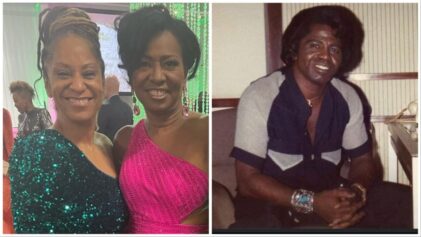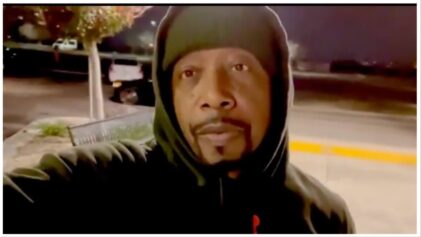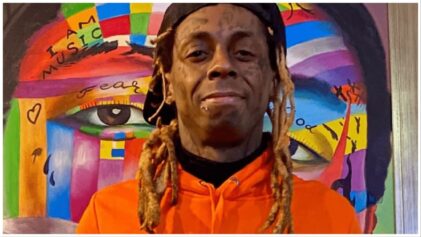Along with James Brown and George Clinton, Roy Ayers is one of the premier artists sampled throughout the hip-hop canon, and one of the major influences on the evolution of soul and R&B over the past 20-plus years. His music, including hit records like “Everybody Loves The Sunshine,” “Running Away,” “Searching.” and “We Live In Brooklyn, Baby,” have proven timeless, and he’s since collaborated with Guru, Pete Rock, Robert Glasper, and The Roots, amongst others. Now 72-years-old, five decades after his first album, the jazz-funk vibraphonist, singer, bandleader and songwriter is still going strong, performing throughout the U.S., and fully aware of the affect his music has had on his successors.
“I’m just glad that I’m still able to play music and still travel and still be accepted by the young people,” Ayers told Life+Times. “Especially the rappers, it’s incredible the things that my music has done to them. I try to keep my youth, I try to keep my strength and I’m very positive about it, I have a good outlook. But I’m just interested in what the young people are doing, because I know that things that happened to me and other artists will happen to them.”
Life+Times: You started off in jazz, moved to funk, R&B and into hip-hop. How have you remained so open-minded, moving fluidly through these different kinds of music, when other “purists” insist on one kind of music?
Roy Ayers: I’ve been open-minded because when I grew up, I was [into] all the doo-wop groups, The Flamingos, Little Richard, Chuck Berry, James Brown, etc. In fact, I sang in a group called The Poets. Not The Last Poets, but The Poets, we did a record on Flash Records, an independent label at that time in Los Angeles, California. So I came up playing R&B, then I went to high school and I started playing jazz and got really influenced, listening to the MJQ [Modern Jazz Quartet], and of course Lionel Hampton, my idol. I was playing the vibes all this time, but didn’t get my set until my last year in high school. My point is that I’ve been influenced by all these musicians and different style entertainers, so Erykah Badu said, “You’re the king of neo-soul.” She told me this in a recording session. I said, “I am? What is neo-soul?”, she said, “neo-soul is a combination of your music. I pattern my music after your music,” that’s what she told me. “Myself, The Roots, Jill Scott and other people out of Philadelphia,” she said. I said, “Wow. Neo-soul, that’s a good idea, because neo-soul is a combination of jazz, R&B, pop, soul, Latin, you name it. I played everything.” So that’s what I’ve been doing. I used to tell people that I was a jazz-funk artist. And jazz-funk is a combination of many different styles, many different forms of music, so it’s a very natural thing for me to be as versatile as I’ve been.
L+T: What’s the best flip you’ve heard of one of your records?
RA: I like what Mary J. Blige did. She sampled “Everybody Loves The Sunshine” and she called it “My Life”. It was a great. I received a couple platinum records from her for that, and I had never gotten a platinum record from anybody, so it was really a great reward to get that and also get paid. It’s always nice to get paid.
L+T: What about your music lends itself so well to hip-hop and today’s soul music?
RA: I guess I just play the music and it’s just something I feel and it’s evolved to this point. I’ve had more sampled hits than anybody else, this is what they tell me. I’ve had more sampled hits than anybody else in the industry. James Brown has had more samples. I’ve had more sampled hits.
Read more: Quinn Peterson, Life and Times


